It’s 1657 and England is under the rule of dictator Oliver Cromwell, a religious puritan who banned Christmas, dancing, drinking, the theatre and many other activities. Strict rules are enforced with grotesque violence that provides horror and fascination to history lessons across the land. This is where we find John Lye (Charles Dance) with his wife Fanny (Maxine Peake) and their son Arthur (Zak Adams) living on an isolated farm in rural Shropshire. John is much older than Fanny and their relationship is ruled by patriarchy and violence. Their world is rocked by the arrival of two strangers. The pair, Thomas (Freddie Fox) and Rebecca (Tanya Reynolds) have a questionable past, a violent streak and a shocking level of sexuality given society’s views at the time. As the couple start to infiltrate the lives of the Lye family, Fanny has her mind opened to a new way of thinking. She is shown freedom, sexuality and independence she has never known. And as tensions escalate she has some bold choices to make. The setting for the film is a farm covered in a perpetual mist no matter the time of day and there is a “Maid Marian and her Merry Men” level of mud surrounding the property that must be schlepped through. It’s bleak, cold and dirty with no outlook into the wider world. No sunshine or warmth, just labour and duty. Praised for its historical accuracy, the set, costume and props were made by reconstruction enthusiasts using historical tools and techniques. The music, and some camera techniques, are reminiscent of 1970s westerns. The score was beautiful but really quite overpowering. It described the action in every moment very literally rather than supporting it. This ‘down your throat’ effect detracts from much of the subtlety. The commitment to zooming was similarly jarring and unnatural at times, and actors were blocked to precision. The result is a film which is rather stilted, stiff and posed in places, and which relies on more subtle acting skills to deliver the emotional impact needed. Thankfully, Peake pulls this off and we are fully brought in to her awakening on a more emotional level. The tension comes from the isolation, and threat of violence but also from a world being turned upside down. When everything that a person has ever known is reversed, it feels dangerous. We can’t predict what someone will do when their entire world is shaken. Will she stick by tradition or act out against it? Will she toe the line between both? Something about the setting makes the violence even more grotesque. When a person wouldn’t hesitate to hang you up to be eaten alive by crows the whole situation is more volatile. As for the feminist folktale angle, the film depicts a woman having the scales fall from her eyes and really seeing the patriarchal society and relationship she is in for what they are. When the tools of oppression are in the other hand she can choose power and control but also freedom. But it’s hard not to view all this from a modern perspective. Her actions were surely radical by our standards but given the time of upheaval England was in at the time, was this kind of uprising or ‘conversion’ rare? Or was it more radical than we can understand? Either way, for women who were treated as mere servants by their ‘master’ husbands, as well as by those imposing society’s rules, Fanny’s liberation is empowering. And the fact that another woman helped to bring it about shows an undercurrent of women rejecting tyrannical rule. While the music and camera work can be overly stiff and prescriptive, the story is thrilling and empowering. Dark, bleak, and claustrophobic, this isn’t a joyful film. But it is one that wraps a lot of parallels into one person’s moment of enlightenment. Comments are closed.
|
AuthorHi, I'm Caz. I live in Edinburgh and I watch a lot of films. My reviews focus mainly on women in film - female directors or how women are represented on screen. Archives
December 2021
Categories
All
|
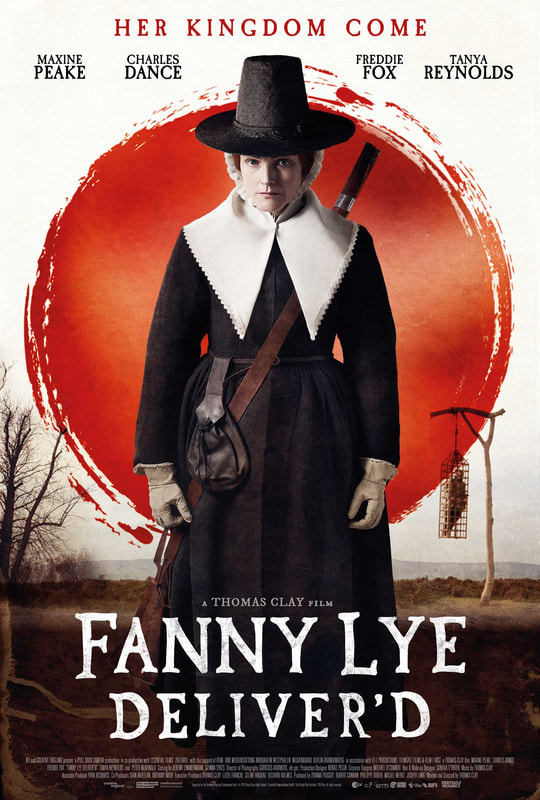


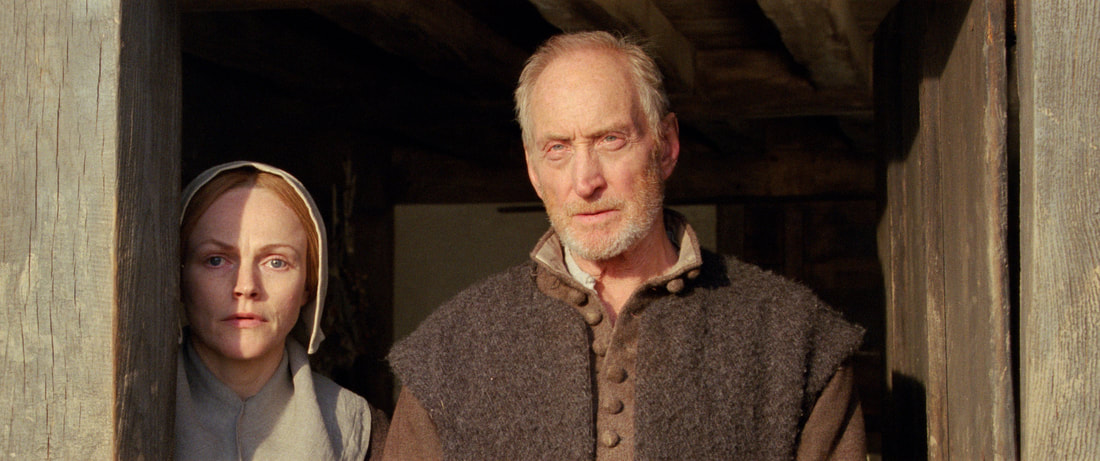
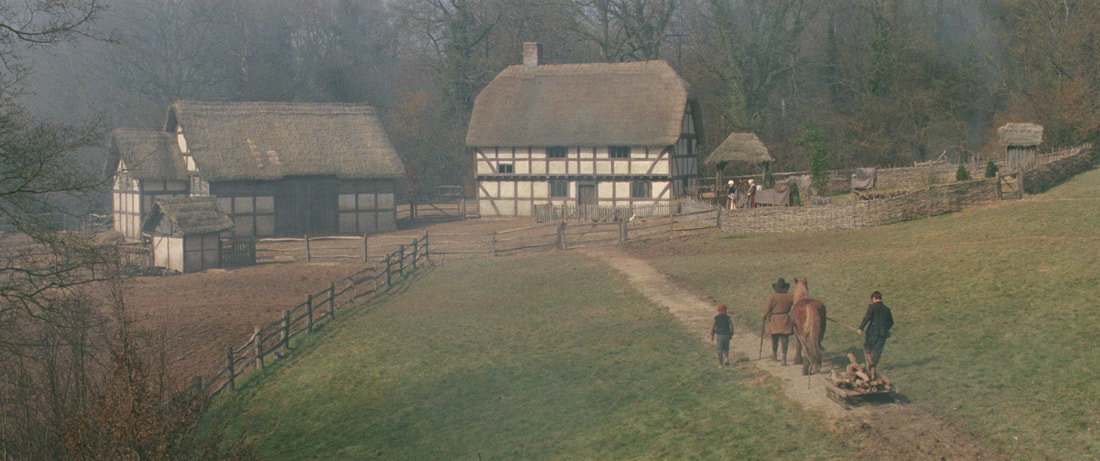
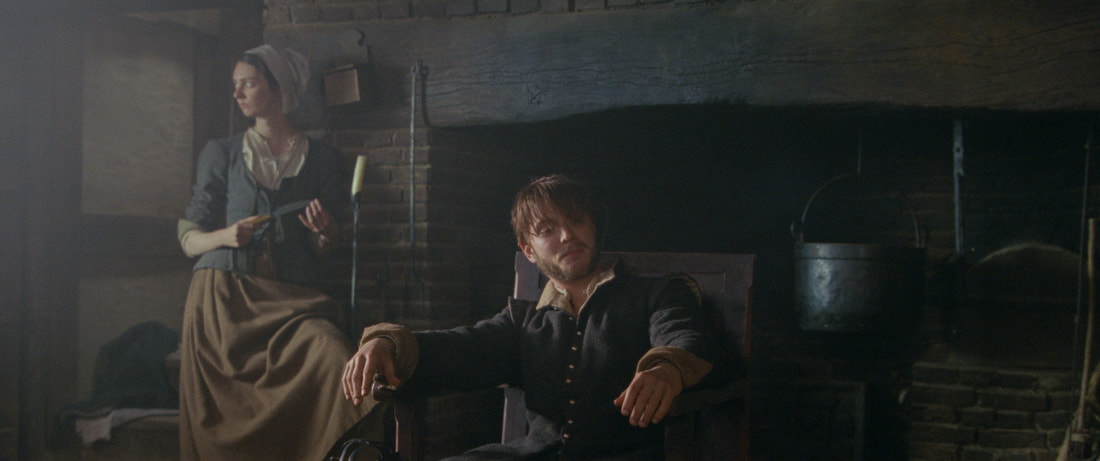
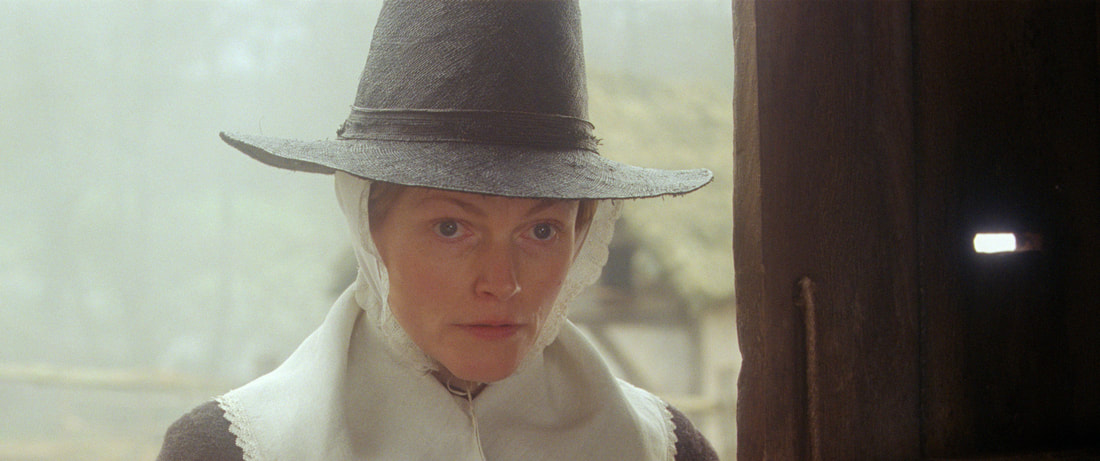
 RSS Feed
RSS Feed
